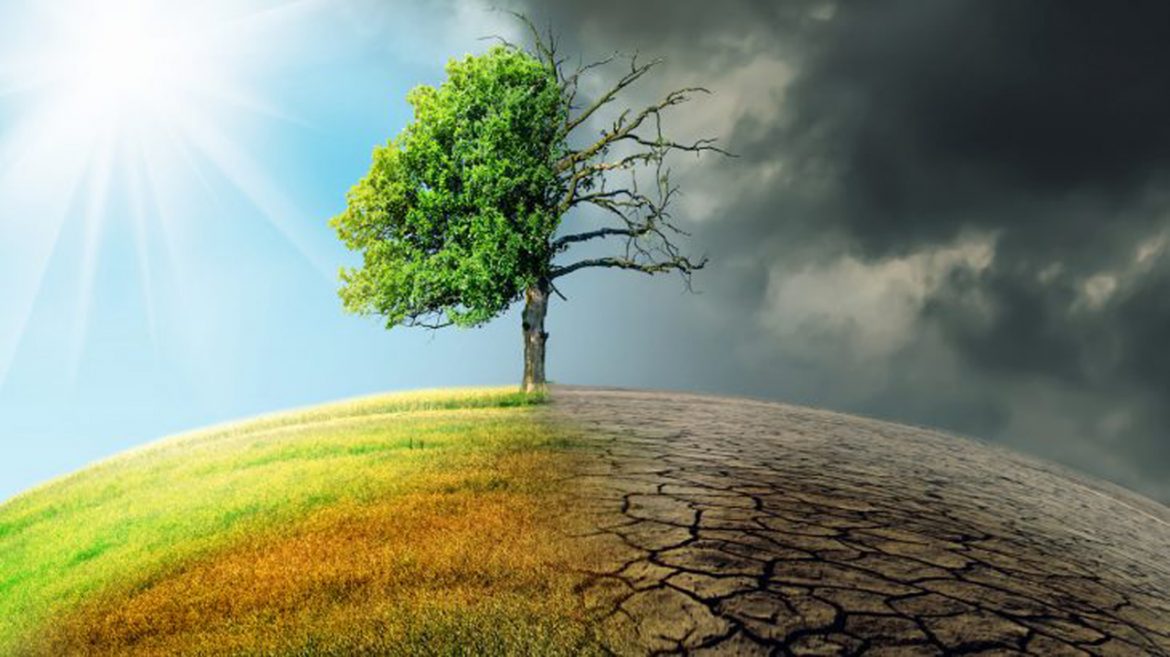Environmentalists in East Africa have embarked on a programme to educate residents of Magu, one of the seven districts of the Mwanza region in Tanzania on how they can counter the impacts of climate change.
The National Training on Climate Change Adaptation and Water Catchment Management is part of a three-year (2019-2022) project with an objective to enhance climate change resilience of communities and their livelihoods.
The 520,000 US dollars project, funded by the United Nations Environment Programme (UNEP) through Lake Victoria Basin, also aims to bring ecosystem and community-based adaptation technologies to offset the negative impacts of climate change.
According to the ACC-LVB Regional Manager, Dr Masinde Bwire, the project is piloting climate-smart actions to the local communities and grassroots to achieve broader objectives.
Read also: Report: Climate change threatens Winter Olympics
“The partner states in the programme include Tanzania, Kenya, Uganda, Rwanda and Burundi,” he said. “In Tanzania, the project is conducted only in Magu District”.
On his part, the National ACC-LVB Coordinator from the Vice President’s Office, Engineer Onespholy Kamukara said three water wells have been constructed and one rehabilitated to support irrigation farming.
He explained that high-valued crops, mostly horticulture and rice are encouraged for productive agriculture, adding that about 200 households around Lake Victoria are set to benefit from the project with women being prioritized.
“We have therefore a total of four water wells which are operated by the solar power,” he said. “The target is to make sure that over 200 hecters of land here in Magu are for high-valued crops”.
Story was adapted from daily news.
